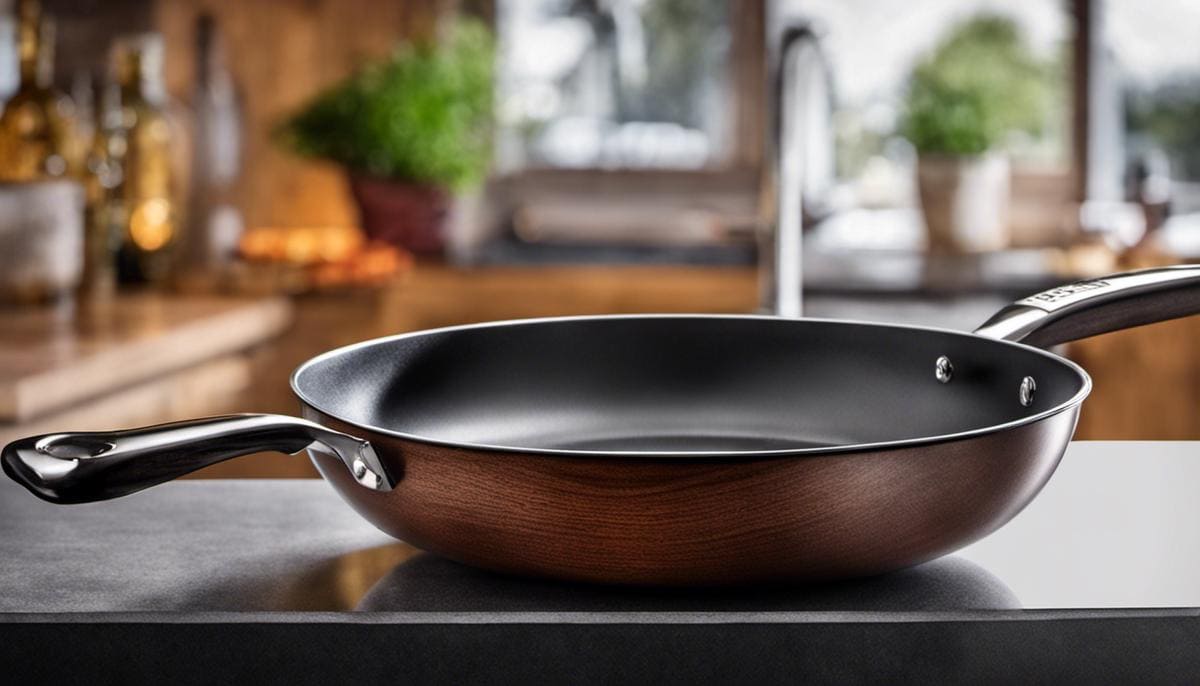6061 vs. 7075 Aluminum
The choices between aluminum alloys can be overwhelming when it comes to selecting the right material for a project or product. T
wo of the most popular aluminums are 6061 and 7075 aluminum alloys, both of which offer their own unique advantages and disadvantages.
In this article, we will compare and contrast the properties of these two materials in order to help you make an informed decision about which is best for your application.

6061 Aluminum Alloy in Review
6061 aluminum alloy is a heat-treatable alloy that is commonly used in the aerospace, automotive, and construction industries.
It is known for its good strength-to-weight ratio, excellent machinability, and good corrosion resistance and can be easily formed into complex shapes while retaining its strength.
It also has good corrosion resistance capabilities due to its magnesium and silicon content. It can also be anodized to improve its corrosion resistance even further.
Additionally, it maintains its strength at higher temperatures allowing it to withstand extreme climates when necessary.
6061 aluminum alloy can be heat-treated to increase its strength and hardness. It can be annealed, normalized, or quenched and tempered.
Annealing is done at around 495°C (923°F) for 8 hours, cooled to room temperature in air. Quenching is done at around 538°C (1000°F) and tempered at around 177°C (350°F) for 2 hours.
7075 Aluminum Alloy in Review
7075 aluminum alloy is a high-strength, heat-treatable alloy that is commonly used in the aerospace and defense industries.
It is an alloy composed primarily of aluminum, zinc, and copper with added magnesium for extra strength. This combination makes it one of the strongest alloys in the market today.
With its superior corrosion resistance and low weight, 7075 aluminum alloy is often used for aircraft frames and parts, bicycle components, automotive components, military applications, engine components and other structural parts that require great strength yet need to be lightweight.
This aluminum alloy is also known for its ability to maintain dimensional stability during extreme temperatures that range from very cold to very hot. Its low thermal expansion rate ensures that it will not warp or distort when exposed to extreme temperatures
While 7075 aluminum alloy has excellent mechanical properties, it is not as easily welded or formed as some other aluminum alloys. It is also more expensive than other common aluminum alloys like 6061.
6061 vs. 7075 Aluminum Material Specifications
- ASTM B-209
- ASTM B-210
- ASTM B-221: For extruded bars, wire, rods profiles and tubes.
- ASTM B-221: Seamless tubes.
6061 vs. 7075 Aluminum chemical compositions
| Element | 6061 Aluminum | 7075 Aluminum |
| Aluminum (Al) | 95.8-98.6% | 91.0-93.0% |
| Zinc (Zn) | 0.25% max. | 5.1-6.1% |
| Magnesium (Mg) | 0.8-1.2% | 2.1-2.9% |
| Copper (Cu) | 0.15-0.4% | 1.2- 2.0% |
| Chromium (Cr) | 0.04-0.35% | 0.18-0.28% |
| Iron (Fe) | 0.7% max. | 0.5% max |
| Manganese (Mn) | 0.15% max. | 0.3% max |
| Silicon (Si) | 0.4-0.8% | 0.4% max |
| Titanium (Ti) | 0.15% max. | 0.20% max |
| Other (each) | 0.05% max | 0.05% max |
| Other (total) | 0.15% max | 0.15% max |
Note: The table shows the approximate chemical composition ranges for 6061 and 7075 aluminum alloys.
6061 vs. 7075 Aluminum mechanical properties
Below are the mechanical properties of 6061 vs 7075 aluminum material as per ASTM SB-209 material specification. The both grade properties are considered for T6.
| Property | 6061 T6 | 7075 T6 |
| Yield Strength (ksi) | 35 min | 63 min |
| Ultimate Tensile Strength (ksi) | 42 min | 74 min |
| Elongation at Break | 4-10% | 5-9% |
| Hardness (Brinell HRB) | 40-50 | 80-90 |
| Fatigue Strength (ksi) | 40 | 95 |
| Shear Strength (ksi) | 30 | 48 |
| Density (g/cm3) | 2.7 | 2.8 |
6061 vs. 7075 Aluminum Applications
6061 and 7075 aluminum alloys are both widely used in a variety of industries, but they have different properties and are typically used in different types of applications.
6061 aluminum alloy is known for its good strength-to-weight ratio, excellent machinability, and good corrosion resistance. It is often used in:
- Aerospace: For structural components such as wing and fuselage structures
- Automotive: For wheels, suspension components, and other structural parts
- Construction: For window frames, door frames, and other architectural components
- Marine: For boat and ship components such as masts, decks, and hulls
- General purpose: For gears, cams, and other parts that are subject to high stress and wear.
7075 aluminum alloy is known for its high strength-to-weight ratio, excellent fatigue resistance, and good machinability. It is often used in:
- Aerospace: For high-stress structural components such as wing and fuselage structures, as well as in high-performance aircraft such as fighter jets and space launch vehicles
- Automotive: For high-stress components such as suspension and drive train parts
- Defense: For high-stress components such as armor plating and weapons systems
- Sports equipment: For high-performance items such as bike frames, fishing reels, and baseball bats.
In summary, 6061 is a versatile alloy that has a good balance of strength, machinability, and corrosion resistance, while 7075 has excellent mechanical properties, particularly its high strength-to-weight ratio and excellent fatigue resistance, making it ideal for high-stress applications.
6061 vs 7075, which one is stronger?
It has a high strength-to-weight ratio and is used in the construction of aircraft and high-performance automobiles. 6061 aluminum alloy is also a strong alloy but is not as strong as 7075 alloy.
6061 vs 7075, which one is cheaper?
6061 vs. 7075 alloy, which one is easy to machine?
7075 alloy is a high-strength aluminum alloy and is more difficult to machine due to its increased hardness and lower ductility.





